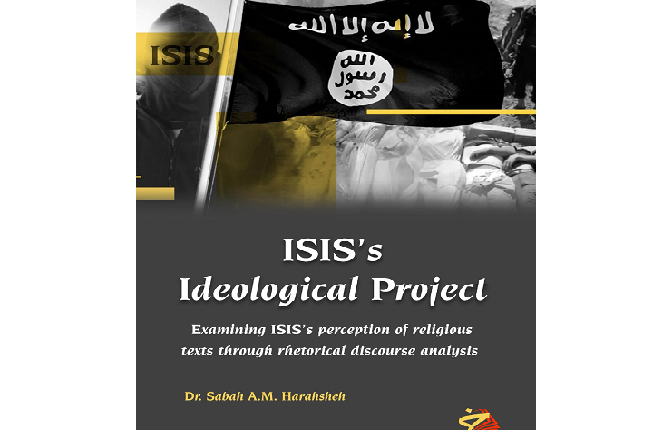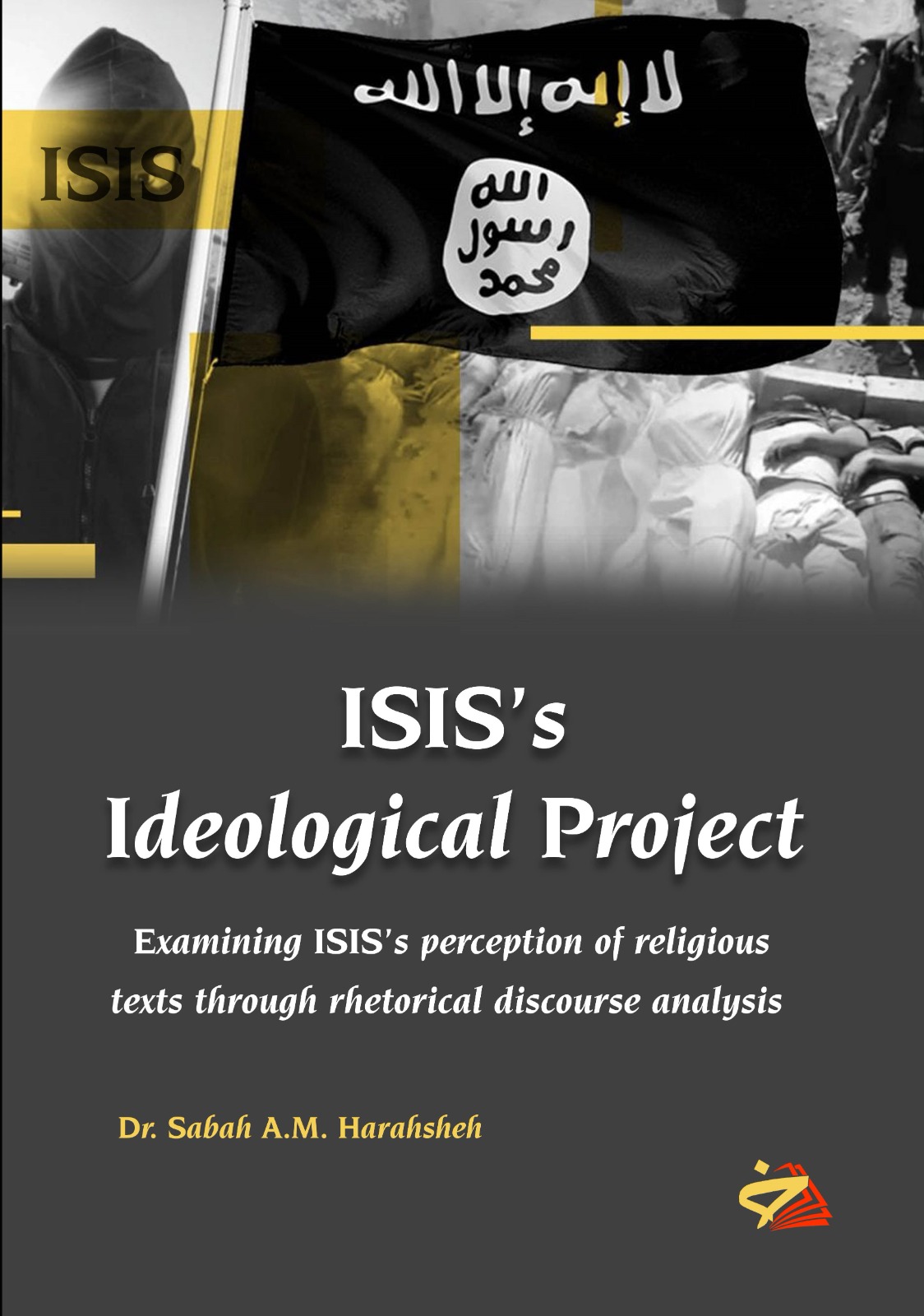صدر حديثا عن دار الخليج كتاب (مشروع داعش الأيديولوجي) للدكتورة “الحراحشة”
وكالة الناس – صدر حديثا عن دار الخليج للنشر والتوزيع للباحثة الدكتورة صباح الحراحشة كتاب بعنوان مشروع داعش الأيديولوجي (تفكيك رؤية داعش للنصوص الدينية من خلال تحليل الخطاب البلاغي).
يفكك هذا الكتاب خطاب داعش لتوضيح الطريقة التي تستغل من خلالها داعش الماضي لتفسير الحاضر وتوقع مستقبل العالم الإسلامي. يعتمد هذا المشروع على التحليل البلاغي من خلال أخذ جميع الخطب التي كتبها وألقاها أبو محمد العدناني، الناطق الإعلامي لتنظيم داعش منذ العام 2011 حتى العام 2016، كدراسة حالة.
يُظهر خطاب داعش أن التنظيم يعتمد على الماضي زمانيًا ومكانيًا؛ ويرتكز على ثنائيات متضادة في إدارة شؤون الحياة، ويضع الشريعة في مواجهة القانون الوضعي كعقيدة لإقامة الخلافة. وللقيام بذلك، يستعير التنظيم وبشكل كبير ولكن انتقائي من القوانين الإسلامية المبنية على تعاليم القرآن والسنة، ويفرض الماضي على الحاضر للوصول إلى المدينة الفاضلة التي يعد بإقامتها.
ويهدف التحليل كذلك إلى تسليط الضوء على التطابقات -إن وجدت- بين وجهة نظر البعض ورؤية داعش من حيث تفسيرات الجمهور لهذه الأيديولوجية المتطرفة فيما يتعلق بـ«الآخر» والشريعة والخلافة والجهاد. يوضح التحليل الحاجة إلى تطوير مساحة تواصل تشاركية للحوار بين الناس وبين الناس والجهات الفاعلة الأخرى، سواء أكانت الدولة أو المنظمات الدولية أو منظمات المجتمع المدني.
Dar Al-Khaleej for Publishing and Distribution just released a book by Dr. Sabah Al-Harahsheh titled:
ISIS’s Ideological Project
(Examining ISIS’s perception of religious texts through rhetorical discourse analysis)
This book deconstructs ISIS’s narrative in order to demonstrate how ISIS appropriates the past, interprets the present, and visualises the future for Arab Muslims. This project depends on the rhetorical analysis by taking all speeches written and delivered by Abu Muhammad al-Adnani, ISIS’s media spokesman from 2011 until 2016, as a case study.
ISIS’s rhetoric shows that the group has been frozen in time and space; it relies on opposite dualities in managing the affairs of life, and puts the laws of God against the laws of man as a belief to establish the Caliphate. To do that, it borrows heavily but selectively from the Islāmic laws based on the teachings of the Qur’ān and Sunnah, and imposes the past on the present to reach the utopia it promises to establish. The analysis aims to highlight the congruences -if any- between the view of some people and the vision of ISIS in terms of the audience’s interpretations of such extremist ideology regarding the ‘other’, Sharīʿa, Caliphate, and Jihad. The analysis acknowledges the intricate and complex network that connects extremist ideas and ideologies with existing, mainstream ideas such as the anti-Shi’ite sentiment. The analysis demonstrates the need for developing a participatory communicative space for dialogue among people and between people and other actors, be it state, international organisations, or civil society.



